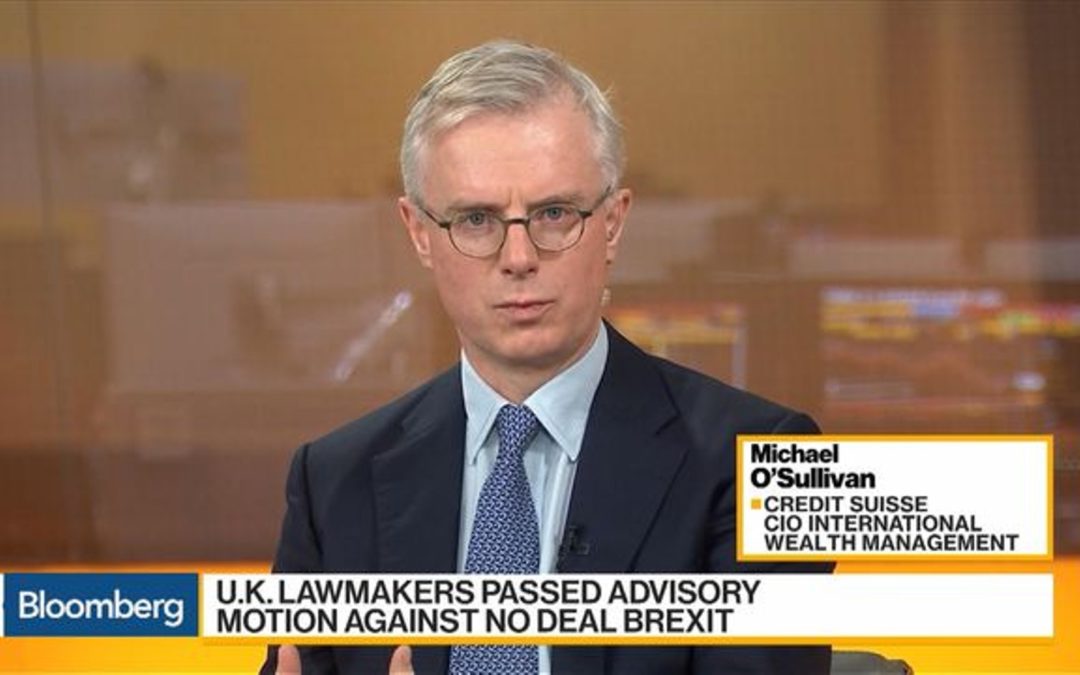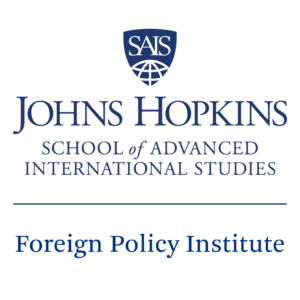By Michael O’Sullivan
Editor’s Note: Michael O’Sullivan, one of the sharpest geopolitical and global markets thinkers out there, writes a must-read weekly letter to subscribers. I always find it fascinating, rich, sober, and erudite. You can see more of Michael’s work here.
10 November, 2019 – In last week’s missive, I discussed the role of rising food prices as a trigger for public protest and I suspect, as a cause of future geopolitical strife. It is not a very happy topic but one that deserves some further analysis given that in recent weeks there has been a remarkable outbreak of protests across a range of countries – from riots in Honduras, to ongoing tension in Hong Kong to climate related demonstrations in India.
Were I one of the many apocalyptic writers who seize upon every misfortune as confirmation of their worldview I would tell you that this is the start of ‘The Levelling’, and that the ‘end’ will follow shortly.
Though I will spare my readers such a gloomy outlook, there is nonetheless a ‘Levelling’ like narrative that unites the motivation for the many international protests in the sense that most of them are provoked by factors that are associated with globalization (though in reality not usually caused by it).
For example, climate change has spurred Extinction Rebellion movements in Europe and environmental protesters in India. Factors that are associated with a lack of what I call ‘country strength’, such as corruption and weak institutions have been amongst the triggers for protests in Lebanon and Iraq, whilst the cost of living and rising fuel costs have brought people out onto the streets in Chile, Egypt, Ecuador and France. Inequality is also a driver, especially so in Chile, Mexico and Turkey.
Together these protests (by the way the number of Google searches on the world ‘protest’ is at a five year high) point to a world where there is limited patience for policy negligence and its negative socio-economic effects. I’ve had a look across the IMF and World Bank databases to find countries that are exposed to corruption, indebtedness, inequality and climate change. Many ‘candidates’ if I can put it like that are in Africa. One country worth watching – where inequality and indebtedness are high (as high as Jamaica), and where climate change is having a growing impact, is the US. It still has strong institutions but consider what might happen in the context of a deep recession (with no fiscal buffer).
While there is no sense that the various protest movements are in anyway coordinated, they may still be contagious within and across countries.
Within countries, social media makes protests easier to organize at short notice, easier to spread (dis)information and easier to bring to the attention of the wider public. It was no surprise that in the aftermath of the Arab Spring, protestors faced massive social media and cyber counterattacks from the Egyptian and Syrian authorities.
Protests are contagious across countries to the extent that social media can heighten sensitivity to issues and spread the ‘methodology’ of either violent or peaceful protest. For example, one image that crops up in protests around the world is the clenched fist of the Serbian peaceful protest group Otpor. There is also increasing contagion in financial markets in the sense that in emerging markets at least investors are reacting negatively to signs of political strife.
The troubling thought for the outlook is that the economic stresses underlying these protests will not go away anytime soon – inequality takes time to tackle, most governments are fiscally constrained, and many have high debt levels (i.e. Lebanon). To make matters worse, climate change points towards a more radically stressed environment.
However, the positive reading from all of this, at a time when it should be said that the quality of democracy and the rule of law internationally are deteriorating (according to the latest Freedom House ‘Freedom in the World’ report and the Rule of Law indicators in the World Justice Project dataset) is that people want less corruption, more equal societies and better balanced growth.
In that context, what is to be done? There are specific actions that can help, such as the relocation of the World Bank to Africa to act as an anchor against corruption and to spread best practice in institution building.
More broadly, I see a lot of space opening up for new political parties and movements, some that are interlinked across countries and others that are connected by their political methodology (i.e. use of social media). Then, eventually I see the such protests leading to efforts to remake social and political contracts along the lines of the Levellers’ Agreement of the People’, at least in democratic countries, so that policy issues such as climate change, inequality and corruption are more formally recognized and curbed at a policy level.
It will be a bumpy road politically, but the flourishing of protests around the world shows that something profound is occurring.


